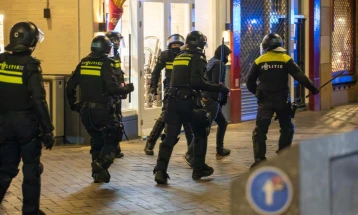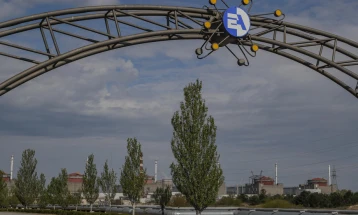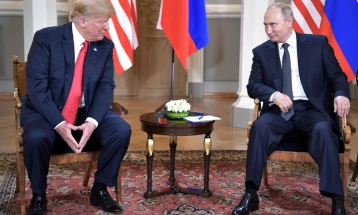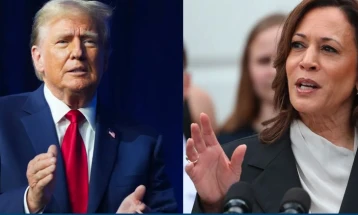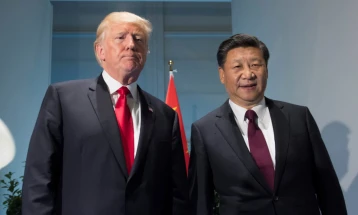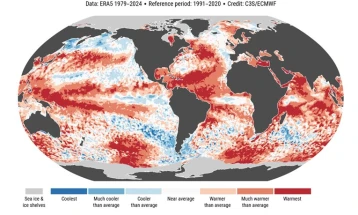Kazakhstan's president says order restored after 'coup attempt'
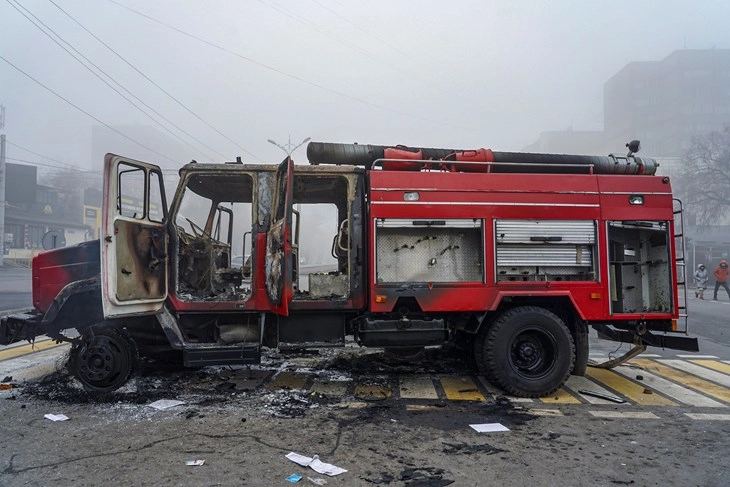
Moscow, 10 January 2022 (dpa/MIA) - Order has been restored in Kazakhstan, President Kassym-Jomart Tokayev told a meeting of a Russian-led regional security alliance on Monday, after days of violent unrest in which more than 150 people were killed and thousands detained.
"Complete order has been restored in Kazakhstan. Threats to the country's security have been averted," Tokayev told a video meeting of the Collective Security Treaty Organization (CSTO), which he had called in to quell riots.
The anti-terrorist operation would soon be completed, Tokayev told the CSTO, adding that there had been an "attempted coup" that sought to seize power.
He also said there had been planned and coordinated attacks on the buildings of regional authorities, law enforcement agencies and prisons.
The plan was to first take Almaty, then the capital Nur-Sultan - formerly known as Astana - was to follow, he said, without providing any evidence for his claims, but said he wanted to present them to the world at a later date.
Kazakhstan, which borders Russia and China, was gripped by unrest for a week, after anti-government protests grew out of resentment over increased fuel prices at petrol stations in the oil and gas-rich country.
Alongside peaceful demonstrations, there were also violent riots, especially in the metropolis of Almaty.
Tokayev declared a state of emergency, dismissed the government and ordered the military to shoot at demonstrators without warning.
More than 160 people were reported dead in the violence, a figure provided by state media report citing the Health Ministry, although the report was later deleted without a reason being provided. The president said that 16 members of the security forces had been killed. How many civilians died is still being clarified.
Some 2,000 people were injured in the riots, according to Monday's figures.
Flags flew at half mast as the country marked a national day of mourning on Monday, according to Kazinform state news agency.
Nearly 8,000 people were detained amid the unrest, according to the authorities. The Interior Ministry said 7,939 people were taken into custody, with 207 detained at two markets in Almaty alone.
"I haven't heard any gunshots since yesterday," a woman who lives in Almaty told dpa in Moscow. "The pictures of the destroyed city are really terrible."
As the new week started, the clean-up continued. Burnt-out cars were cleared from the streets and squares. In addition, the bus service in Kazakhstan's largest city started up again.
However, at Monday's meeting, Russian President Vladimir Putin said the unrest had not been caused by protests about fuel prices, but was due to "destructive forces from outside taking advantage of the situation." The neighbouring country was the target of an "aggression of international terrorism."
Besides Russia and Kazakhstan, Armenia, Belarus, Kyrgyzstan and Tajikistan are also members of the alliance.
The CSTO has said it wants to remain in the country until the situation is "completely stabilized."
Meanwhile the UN expressed concern after photographs emerged showing Kazakh soldiers wearing blue helmets bearing the UN insignia as they intervened during last week's unrest.
"We have conveyed our concern to the Permanent Mission of Kazakhstan on this issue," a UN spokesperson told dpa.
United Nations troop and police contributing countries are to use the UN insignia only when they are performing their mandated tasks as UN peacekeepers, in the context of their deployment within a United Nations peacekeeping operation as mandated by the UN Security Council, she said, noting that this was not the case in Kazakhstan.
The photos came from Almaty late last week. It was not initially clear how the soldiers gained access to the helmets or why they were wearing them.
Kazakhstan is a member of the UN and its soldiers were involved in a UN peacekeeping mission in Lebanon until last year, among other activities.
On Monday, people in Kazakhstan were able to access the internet after it was intermittently shut down during the unrest, hindering independent verification of the situation on the ground.
German Foreign Minister Annalena Baerbock expressed shock at the developments in Kazakhstan.
It was still unclear how and why the protests had escalated so violently, she said on Monday after consultations with her Italian counterpart Luigi Di Maio in Rome.
At the same time, the Baerbock emphasized that it was clear that "it is not in Europe's interest for Central Asian states to become unilaterally dependent on Russia or China." This is another reason why close European intercommunication is necessary, she added.
